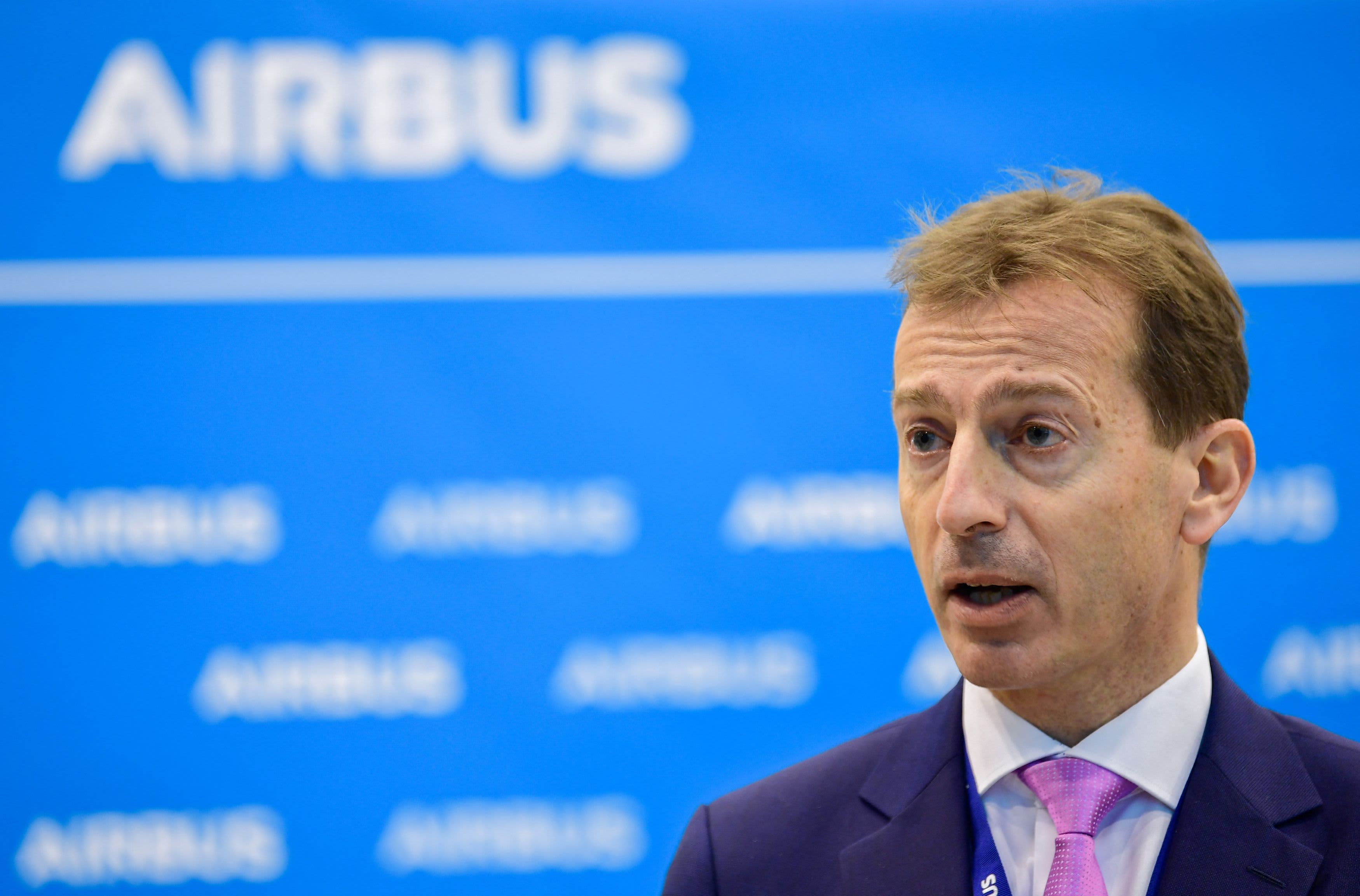As if the airline industry needs yet another hurdle to overcome after two of the worst years it has ever experienced, carriers are now wondering what will happen to travel in Europe given the war in Ukraine.
The CEO of Airbus, which is based in Toulouse, France, believes an expected surge in travel this summer is still likely.
“I don’t think it impacts the internal European markets,” Guillaume Faury told CNBC while visiting New York for meetings late last week. Faury admits travel in Eastern Europe near Ukraine may come under pressure, but overall he is optimistic air travel will surge in the months ahead.
“I would tend to say yes, it’s very likely that the majority of the travel in the world will recover as we’re expecting by the end of the pandemic.”
Faury’s optimism is matched by almost every airline CEO who has pointed to 2022 as a big year in rebuilding travel lost during the pandemic.
At one point transatlantic flights were down more than 75%. By early this year it had improved but was still down 36% according to Jefferies.
In a research note outlining the risk of transatlantic travel falling due to Russia’s invasion of Ukraine, analyst Sheila Kahyaoglu wrote, “The vast majority of European air traffic is driven by Western Europe, which should remain relatively unaffected unless Russia conducts a further offensive into NATO territory.”
For Airbus, as well as its competitor Boeing, Russia’s attack on Ukraine raises the question of what impact sanctions may have on their plans to ramp up aircraft production this year.
So far, the sanctions have not targeted Russia’s ability to export aluminum, steel or titanium, crucial to the production of airplanes.
Separately, Faury says Airbus has little exposure to supply chain pressure that may develop in Eastern Europe. “The security of supply is guaranteed independently from sourcing that could be challenged from Russia,” he said.
Guaranteeing the supply chain will be critical for Airbus as it ramps up production this year both in Europe and in the U.S. thanks to strong demand for the A320 and A220, both built at the company’s plant in Mobile, Alabama.
Faury expects production rates for both planes to grow by at least twenty percent annually over the next three years. “There are not many parts of the aviation ecosystem which are ramping up at 20% a year,” said Faury. “That’s what we have in Alabama.”
Longer term Airbus is investing heavily to develop of hydrogen-powered aircraft that would have dramatically lower emissions.
Last week it announced plans to work with CFM International, the joint venture owned by GE and Safran, on hydrogen powered planes. “We think we can enter into service the first hydrogen by 2035,” said Faury.

